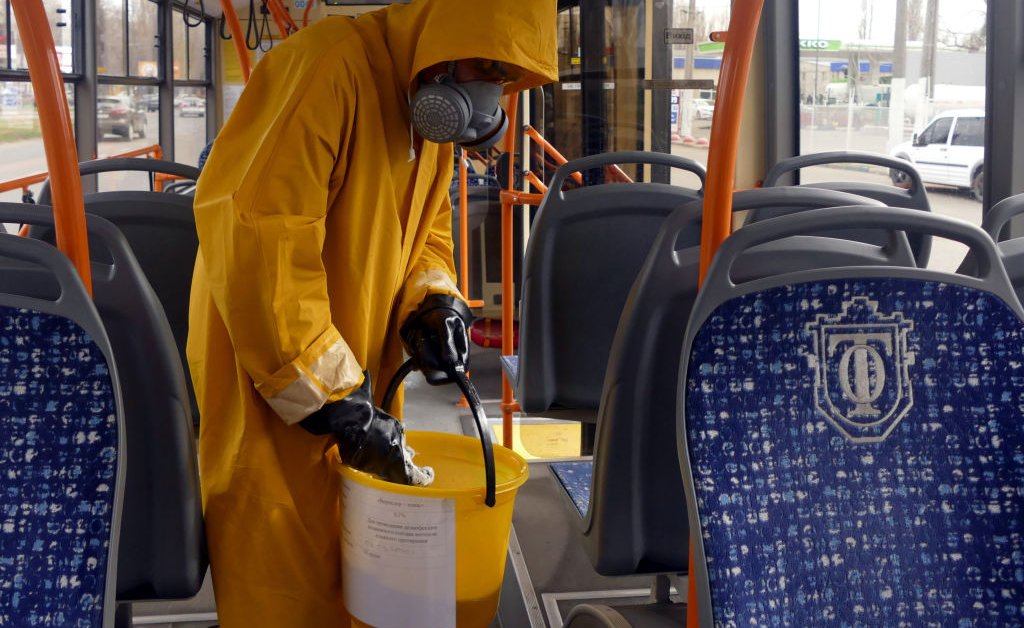DisneyCane
Well-Known Member
The mass testing is a double edged sword though. Yes, all those "positives, but mild cases" keeps the mortality rate down. But all the testing gets those positives "off the streets" faster. Which also keeps the mortality rate down because those people aren't going to visit their "high risk" family members, or going to their jobs where they interact with "high risk" customers. That is something that isn't happening in the US, and there will be consequences.
The places I am keeping my ear out for are the assisted living communities, senior centers, care centers etc, since those are where the fatalities will occur. My concern, is that we are still in the early phase and so those consequences of younger, healthier, but positive individuals interacting with the high risk population haven't been felt yet. And since we have inadequate testing, we have no idea when that time bomb is going to explode and if our hospitals and necessary equipment will be able to cope with it. The problem Italy is now facing.
So I don't really see how South Korea's low mortality rate really helps us predict anything when we have likely many "positive but asymptomatic or mild cases" interacting with the 70 million people in the US that are over the age of 60 when we aren't taking the same steps to control the spread.
I agree with what you are saying. However, if other countries implement mass testing, the same benefits will be seen. From the information from the WHO (not my opinion, Tedros Adhanom Ghebreyesus' opinion), asymptomatic spread is a very small issue. Mild cases are an issue as people with mild cases will still cough and sneeze. That is why, in my opinion, the best course of action is to test as many people as possible with cold/flu symptoms so that people that test positive can be isolated instead of taking extreme, societal and economic disruptive actions.
I realize that in the US this is currently not possible due to the number of tests available. Perhaps they can focus on the hot spots first while more are manufactured.
South Korea's mortality rate helps to predict the overall mortality rate of those infected. Obviously, it will still be higher for those that become seriously ill.
The incomplete evidence is the data that is from "not South Korea."
You are Cherry picking. What you are doing is like taking a Presidential poll and sampling only people that identify in one party.
Hey, guys, take it off-line... if we wanted facts, we'd look 'em up ourselves, and if we wanted bickering, we'd tell our kids to get off their damn phones and finish their homework.
I'll try to stop. The problem is that there are scared people that read flutas' doomsday posts that may become more terrified. It is clear that flutas does not have any experience in scientific study or statistical analysis and is making declarations that are not valid.


